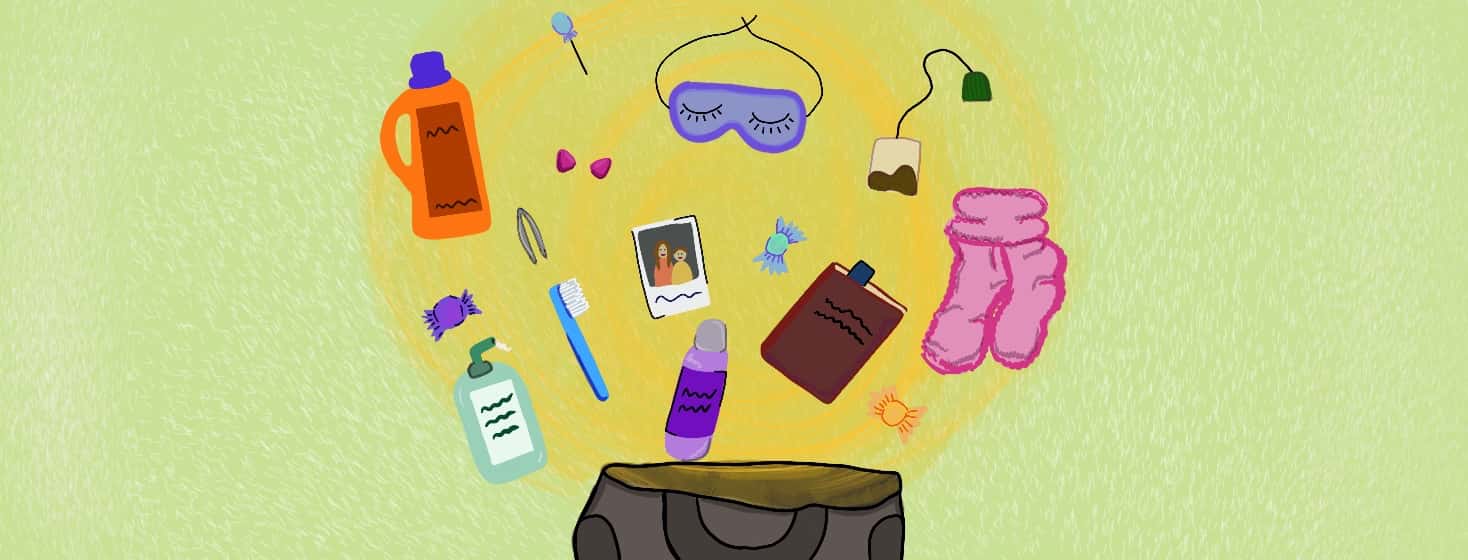Self-Care
Have you ever heard of the term “self-care”? I have heard a lot about self-care recently, especially during the pandemic. During the pandemic, a time when so many people were confused, scared, angry, or sad, self-care took on a new meaning.
For a long time, I thought self-care was only one thing. For instance, I thought it meant taking bubble baths or painting your nails. While those thoughts weren’t incorrect, there is so much more to self-care than what I previously knew!
Self-care can, and will, look different for each person. For example, taking a bubble bath, painting your nails, going on a bike ride, or baking a cake are all examples of self-care.
What is it exactly, though? Why is it important? Additionally, how does one practice self-care? Read on and I’ll share what I learned!
What is self-care?
Self-care is a conscious, or purposeful, decision to take care of yourself physically, emotionally, and mentally.1 It is defined as a “multidimensional, multi-faceted process of purposeful engagement in strategies that promote healthy functioning and enhance well-being.”2
It can refer to a range of activities that someone does, and it can include different approaches,3 but it is not the same as being selfish or being self-indulgent.4 Self-care is an important part of health for each person and practicing it does not mean you are selfish.
Why is self-care important?
There are many different reasons why self-care is so important. Self-care can help you be able to do your best. It also helps you build strength toward different stressors in your life that you cannot get rid of such as work, treatments, or school.1
Another reason self-care is important is that it requires you to check in with yourself.4 Checking in with yourself means that you stop and take time to determine what you need. What does that look like? It can look like asking yourself if you’re getting enough sleep or have you eaten recently.
Another way checking in with yourself could look like is asking yourself if you have healthy ways to process your feelings.1 When you check in with yourself it can lower stress and help maintain overall well-being.
What are the different types of self-care?
Now that we have learned what self-care is and why it is important, you may be wondering if there is only one kind of self-care. Good news! There is more than one way to practice self-care! Here is a list of a few different categories of self-care.1
- Physical self-care. This centers around how you are treating your body. For example, are you able to get enough good sleep? Also, are you able to eat when your body is hungry? For other needs to be met, we must first make sure our physical body has the fuel to help us throughout the day.
- Social self-care. Sometimes, we need to prioritize our social circle to perform self-care. Whether you are an extrovert or an introvert, human beings are social creatures. It is important to nurture our relationships with people who we feel safe with and trust. What are some examples of social self-care? Try writing a card to a friend or cuddling with a furry friend!
- Mental self-care. This includes doing different things that can help keep your mind sharp, or alert. For example, you could read a book, work on a puzzle, or learn about a subject you find fascinating. Likewise, you can practice mental self-care by being compassionate with yourself. Your inner dialogue, or the things you say to yourself about yourself, is so important. Practicing ways to be gentle with yourself can be a form of self-care.
- Spiritual self-care. Practicing spiritual self-care does not mean that you must practice religion. It doesn’t matter if you are religious, atheist, agnostic, or otherwise. It can look like praying or meditating or anything that allows you to connect with and nurture your soul.5 For example, this can look like spending time in nature, volunteering helping others, or engaging in a worship service.
- Emotional self-care. Having healthy coping mechanisms when confronted with uncomfortable emotions is important. Being able to express your feelings on a regular basis is an example of emotional self-care. Additionally, it is important to make sure that when you express your feelings and emotions to someone that it be a person with whom you feel safe and trust.
Practicing self-care is not selfish
Practicing self-care is important for overall well-being. It can look different for each person. Self-care can help you feel balanced and prevent burnout. Additionally, as you learn more about what self-care looks like for you, remember that it can evolve and change over time.
Lastly, remember that practicing self-care isn’t selfish. As the saying goes, “You cannot pour from an empty cup.”

Join the conversation